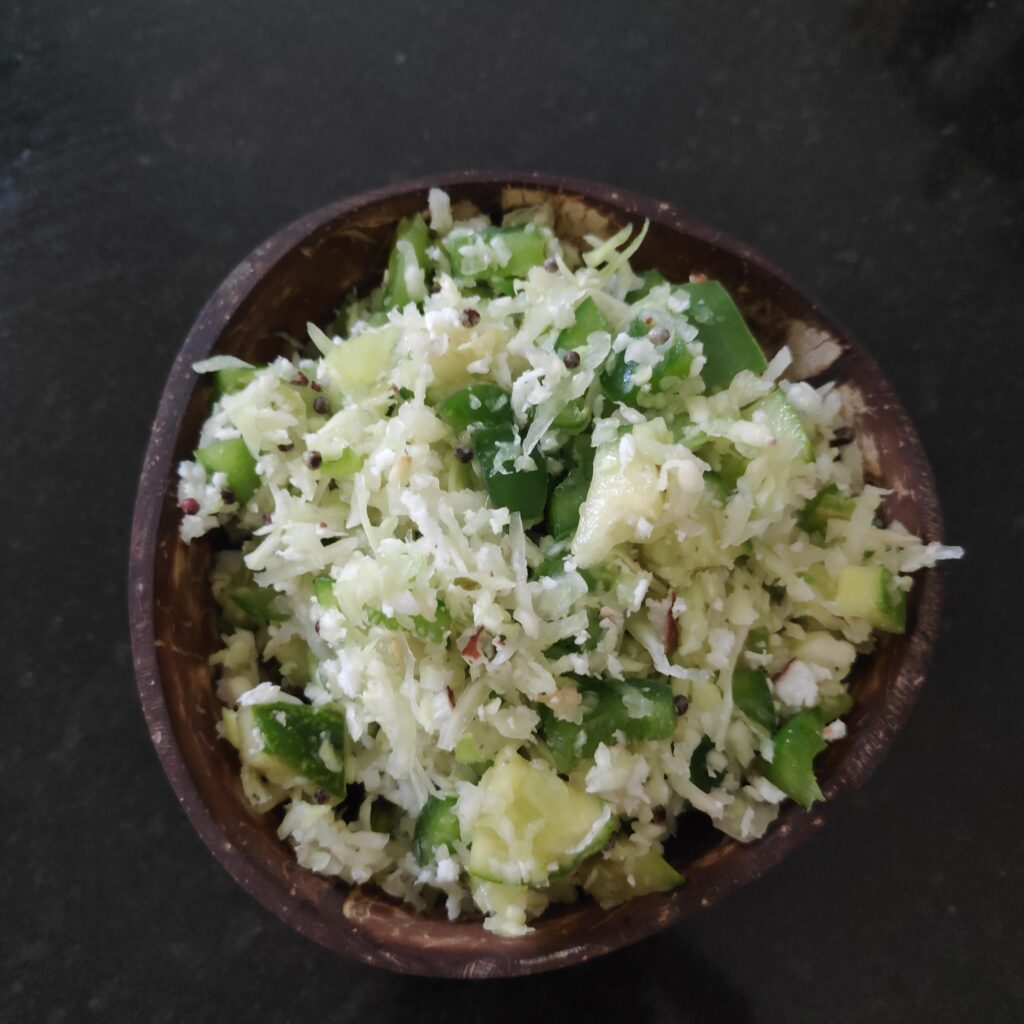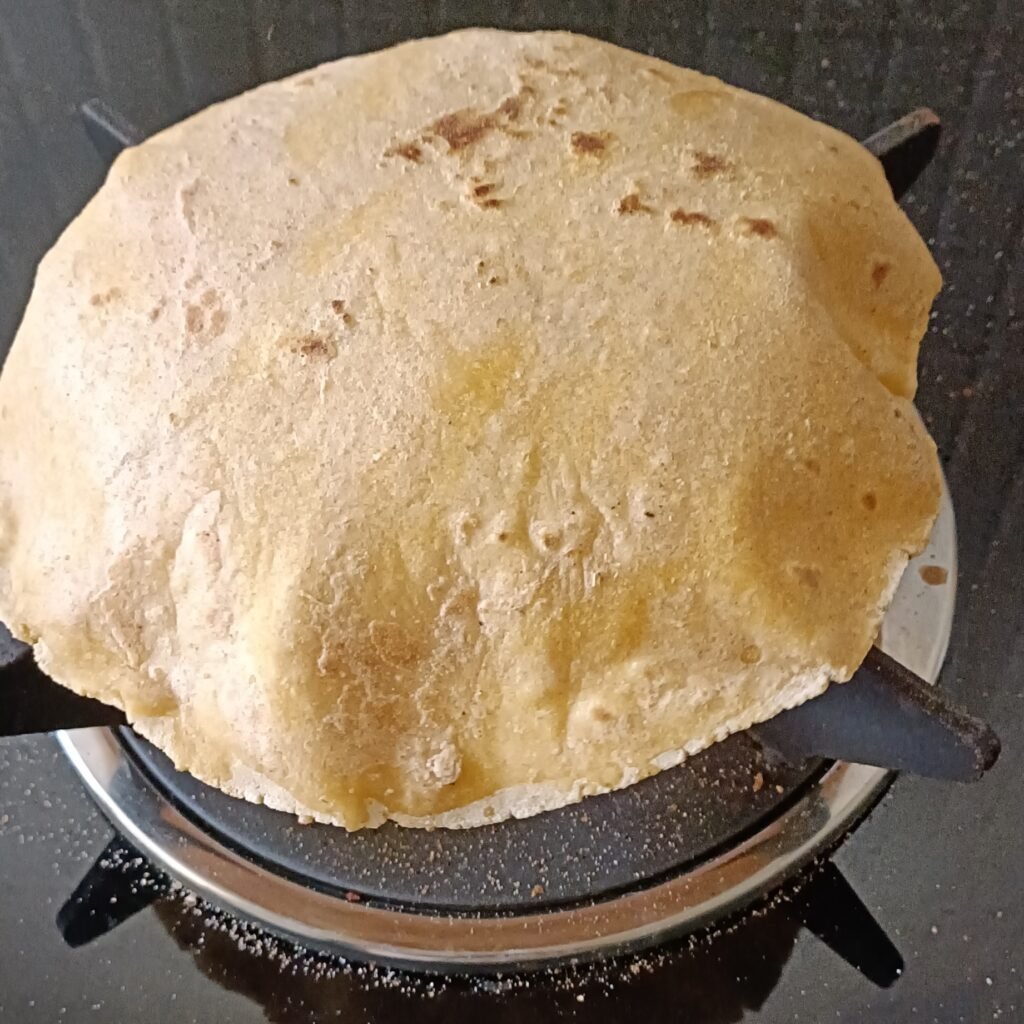Corn is one of the world’s most popular cereal grains from the grass family with many benefits and is available almost everywhere because it can grow in any climatic condition. Whole-grain corn is not only low to medium on the glycemic index, releasing energy slowly, but is also rich in phytochemicals that help to regulate the amount of insulin produced in the body. The high fibre content in corn helps regulate bowel movements and prevent constipation, haemorrhoids. It is considered good for treating diarrhoea and irritable bowel syndrome (IBS), too. The large amount of antioxidants like vitamin E, the phytochemicals and the fibre in corn may help prevent cancers, especially colon cancer. Corn is high in carbohydrates, protein, vitamins and minerals including selenium which is not easily found in other food sources. Magnesium and the optimal combination of fatty acids in corn lets the Omega 3 fatty acids get rid of bad cholesterol and replace them at the binding sites reducing your risk of developing cardiovascular disease by a huge margin. Corn also prevents your arteries from getting clogged and even controls your blood pressure as a result lowering your chances of getting heart attacks and strokes. Magnesium also helps bone density. Phosphorous regulates kidney function, induces normal bone growth and maintains bone health. Thiamine helps improve nerve health and cognitive functions. Niacin can prevent dementia and dermatitis. The high amount of beta-carotene in corn helps generate healthy amounts of vitamin A in the body, helping improve eyesight and skin condition. Corn is extremely rich in iron and can help prevent anemia as well as avoid the symptoms of anemia such as exhaustion, fatigue, weakness, dizziness, and shortness of breath. Corn contains a high number of calories and can help people gain weight if eaten in larger quantities. Note: sweet corn is a low-starch variety with higher sugar content.





